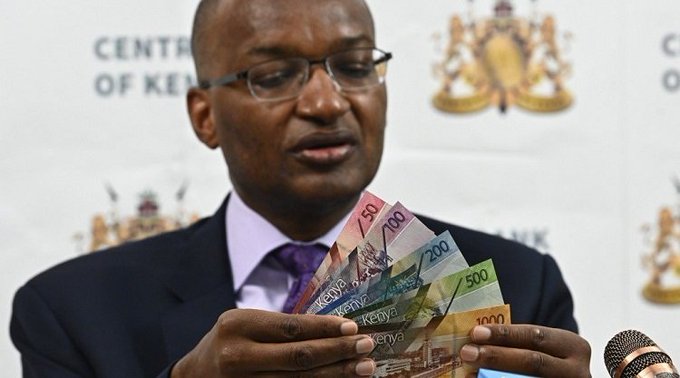Manipulation of the shilling against the dollar is threatening the on-going bilateral trade talks between Kenya and the US.
The US is seeking an undertaking that Kenya will let market forces influence the rate of exchange of the shilling to the dollar as part of the trade agreement.
This pre-condition in the free trade deal (FTA) echoes past claims by the International Monetary Fund (IMF) that Kenya’s currency was overvalued, which drew protests from the central bank governor, Patrick Njoroge.
“Ensure that Kenya avoids manipulating exchange rates in order to prevent effective balance of payments adjustment or to gain an unfair competitive advantage,” says the US in a raft of conditions set in the ongoing FTA negotiations between Nairobi and Washington.
Kenya and the US on July 8 formally launched negotiations for a bilateral trade pact that the two countries hope could serve as a model for additional agreements across the African continent.
Kenya is keen to do a deal before the expiry of the Africa Growth and Opportunity Act (AGOA), which allows sub-Saharan African countries to export thousands of products to the US without tariffs or quotas until 2025.
Two-way goods trade between the US and Kenya totalled Sh118 billion in 2019, up 4.9 percent from 2018.
But the US has expressed fears that support offered to the shilling could make the local currency appear stronger, and make its goods uncompetitive when compared to Kenya’s.
- Hours To Presidential Debate,Trump Demands Joe Biden Take A Drug Test
- Schools Re-opening Remain In Limbo As Uhuru Fails To Give A definite Date
- President Uhuru To Usher In New Normal
- No Day-offs For Teachers, As TSC Set Tough Return To Work Rules
US law sets out three criteria for identifying manipulation among its trading partners: a material global current account surplus, a significant bilateral trade surplus with the US, and persistent one-way intervention in foreign exchange markets.
After determining a country is a manipulator, the US Treasury is required to demand special talks aimed at correcting an undervalued currency, with penalties such as exclusion from US government procurement contracts.
“The US has been vocal against currency manipulation from its trade partners and the current tiff with China traces its origins to it,” said Churchill Ogutu, Senior Research Analyst at Genghis Capital.
